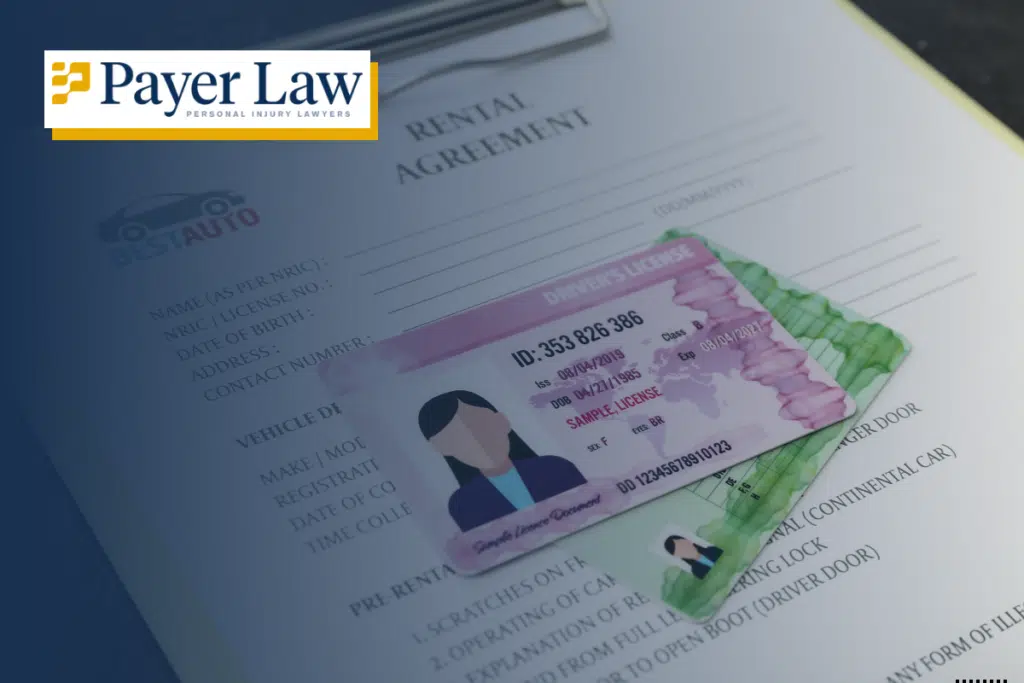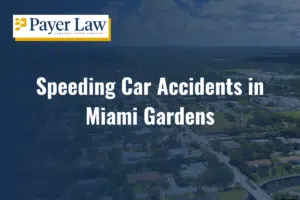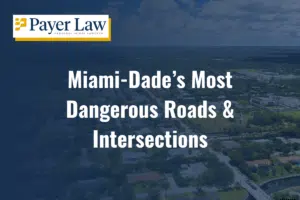Operating a commercial vehicle is a responsibility that requires specialized skills and knowledge. To ensure public safety, commercial drivers must adhere to strict licensing guidelines. While each state has specific regulations, they all conform to federal requirements.
Below, we’ll focus on what you need to know about the various types of Commercial Driver’s Licenses (CDLs).
The Importance of Weigh Stations
You might have noticed “weigh stations,” where trucks stop for inspection on major highways. These stations not only measure the weight of commercial vehicles but also check for safety violations.
Overloading a truck can result in fines, but more importantly, it can compromise road safety. Knowing your CDL class helps drivers stay within legal weight limits.
Penalties for Not Complying with CDL Regulations
It’s critical to adhere to all CDL requirements, both federal and state-specific. Failure to comply can result in severe consequences.
Penalties can range from fines to the suspension or revocation of your license, making operating a commercial vehicle illegal. Moreover, non-compliance can significantly impact any liability cases following a truck accident.
Basic Requirements for a CDL
Before you can apply for any type of CDL, there are some universal prerequisites. You’ll need a standard Operator’s License, and you must pass vision tests. Additionally, you must be at least 18 years old. If you’re under 21, you’re limited to driving within the state boundaries.
Applicants may need to take oral, written, or skills exams in English or Spanish, depending on the endorsements they seek.
Class A CDL: The Heavy Hauler
Do you want to drive what many people call “18-wheelers,” “big rigs,” or “tractor-trailers”? Then a Class A CDL is what you need. These licenses are required for operating trucks that weigh more than 26,001 pounds while towing something that weighs over 10,000 pounds.
Here are the required tests for a Class A license:
- Combinations vehicle test
- Air brakes
- Pre-trip
- General knowledge
- Basic skills
- Road test
- Exams for other desired endorsements
Class B CDL: The Delivery Specialist
Class B CDLs are designed for those who wish to operate buses and straight trucks weighing more than 26,001 pounds, where any towed unit weighs less than 10,000 pounds. Many local or regional delivery box trucks fall under this category.
Here are the required tests for a Class B license:
- General knowledge
- Air brakes (if applicable)
- Pre-trip
- Basic skills
- Road test
- Exams for other desired endorsements
Class C CDL: For Smaller Loads and Special Cases
A Class C CDL is necessary for vehicles with 15 or more passengers (including the driver) and a Gross Vehicle Weight Rating (GVWR) of less than 26,001 pounds. This category also includes vehicles that carry hazardous materials.
Here are the required tests for a Class C license:
- General knowledge
- Air brakes (if applicable)
- Pre-trip (if applicable)
- Basic skills (if applicable)
- Road test
- Exams for other desired endorsements
Why Do Endorsements Matter?
Endorsements allow you to specialize further. For example, a Hazmat endorsement enables you to carry hazardous materials, while a school bus endorsement lets you transport children to and from school. Each endorsement requires additional testing.
Road Safety: It’s a Big Deal
Even with extensive training, accidents can happen. Truck drivers should always exercise caution to avoid negligent behaviors like drowsy driving, speeding, and distracted driving. After all, the safety of everyone on the road is a collective responsibility.
In the unfortunate event of an accident, the type of license, training, and endorsements a driver has are often evaluated when determining fault and liability. Understanding the different types of CDLs isn’t just useful for aspiring drivers—it’s essential knowledge for anyone sharing the road with them.
By being aware of these classifications and requirements, drivers and the general public can better understand the responsibilities of operating commercial vehicles. Whether you’re an aspiring truck driver or a regular motorist, knowledge is the first step to road safety.
You Should Understand the Requirements for Each Type of Commercial Driver’s License
Understanding the different types of Commercial Driver’s Licenses is key if you’re planning to drive a big vehicle. The class of license you need depends on the weight of the vehicle and what you’re carrying.
You’ll need to pass different tests for each type of license and for special permits, like carrying hazardous materials. So make sure you know which license and tests you need for your job. This helps to keep you and everyone else on the road safe.
Contact Our Orlando Truck Accident Law Firm For Help Today
If you’ve been injured in an accident in Orlando, Florida, and need legal help, contact our experienced truck accident lawyers at Payer Law Personal Injury Lawyers to schedule a free consultation today.






